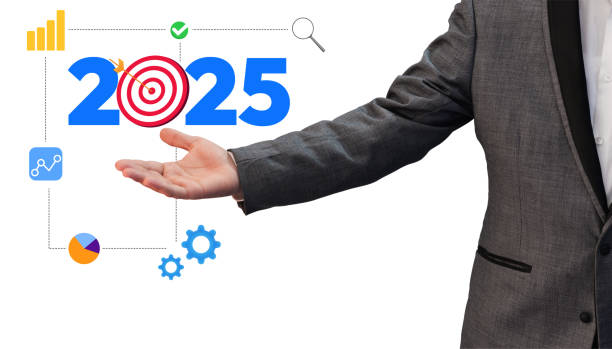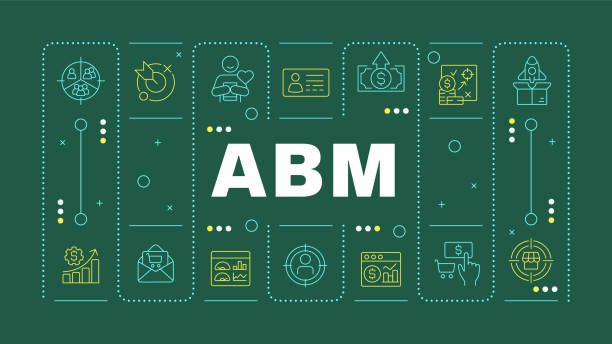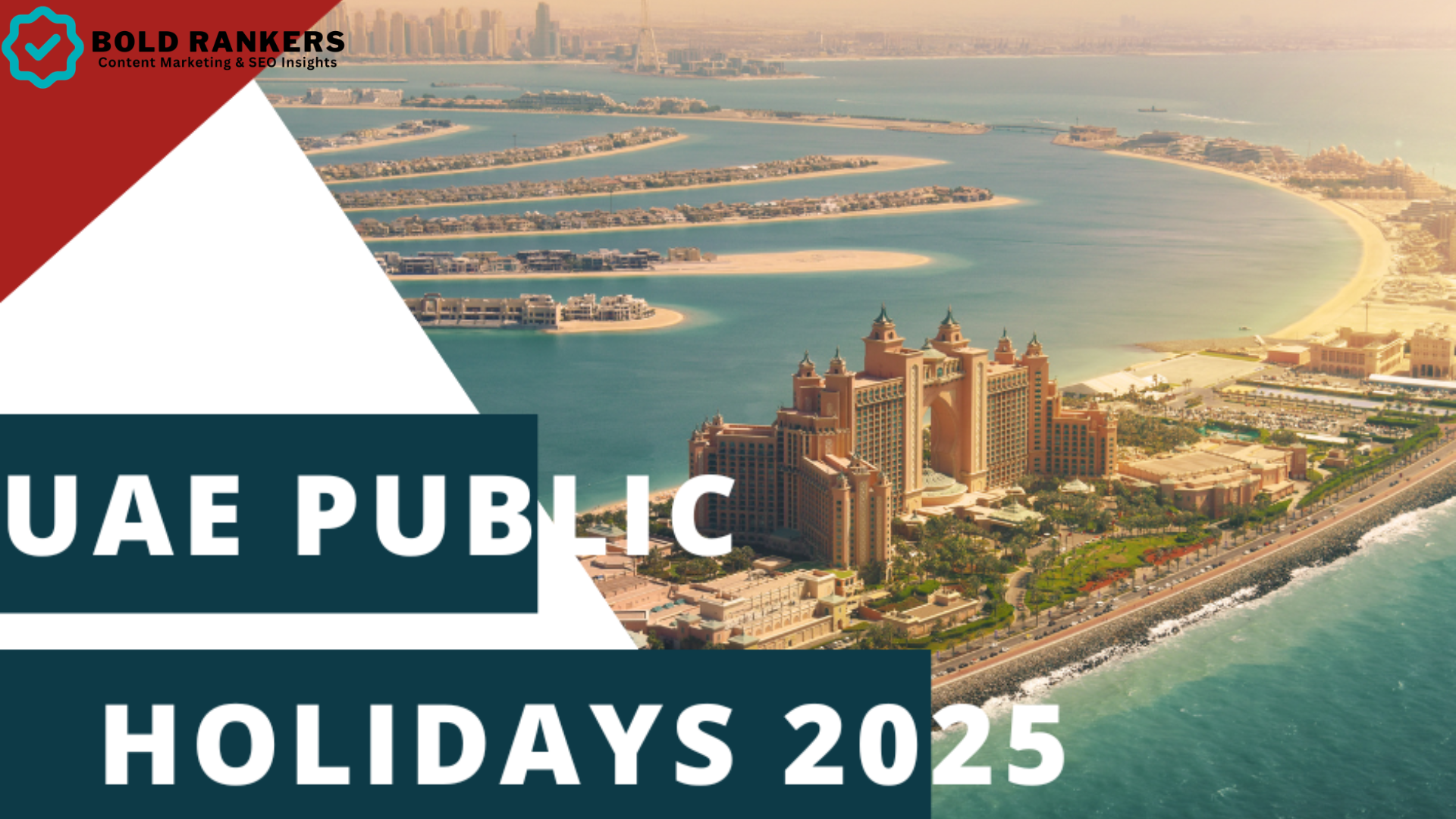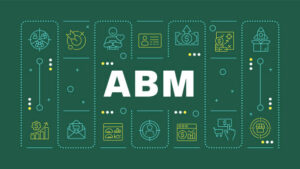Introduction: Why SEO in 2025 Demands a New Mindset
SEO in 2025 is not about gaming algorithms — it’s about aligning your digital presence with how real users search, think, and engage. With search engines becoming more intelligent through AI, voice, and visual processing, traditional keyword stuffing and outdated tactics are no longer effective. Instead, the focus has shifted to experience, intent, and value — with Google now prioritizing content that reflects real expertise, reliability, and user-centricity.
This guide covers the latest SEO trends, high-impact strategies, and tools you need to dominate the search landscape in 2025 — all backed by EEAT principles (Experience, Expertise, Authoritativeness, Trustworthiness).
1. Understanding Search in 2025: The Landscape Has Shifted
Search engines are no longer just libraries of indexed pages — they are intelligent answer engines. Here’s how the landscape has evolved:
AI-Powered Search Engines
Search engines like Google and Bing now use Generative AI (e.g., Search Generative Experience – SGE) to deliver AI-generated summaries, not just links. This means being position zero is more valuable than ever.
Voice and Visual Search Dominate
More users are searching using voice assistants and visual tools like Google Lens. Your SEO must consider how content appears in these non-textual formats.
Personalized & Contextual Results
Google uses behavioral data, location, and search history to tailor results. SEO is now personalized — no two people see exactly the same search results anymore.
2. The Core of Modern SEO: EEAT (Experience, Expertise, Authoritativeness, Trustworthiness)
Google’s content evaluation is deeply rooted in EEAT. Here’s what that means for you:
Experience
Content must reflect first-hand experience. Instead of vague tips, include real examples, step-by-step processes, and personal insights.
Example: If you’re writing about “best email marketing tools,” share screenshots from your usage, results you achieved, or comparisons you actually conducted.
Expertise
Showcase credentials or deep subject knowledge. If you’re a digital agency, publish content written by your certified team or specialists with proven experience.
Authoritativeness
Build authority by getting cited or linked to by other reputable websites. Having your brand appear across authoritative directories, news outlets, or niche blogs signals credibility.
Trustworthiness
Ensure your site uses HTTPS, has a clear privacy policy, visible contact info, and real customer reviews. These trust factors directly impact rankings and conversions.
3. On-Page SEO in 2025: What Still Matters (and What Doesn’t)
SEO in 2025 rewards quality over quantity. Here are the critical on-page factors you must optimize:
Search Intent Alignment
Every page should satisfy a specific user intent: informational, transactional, or navigational. Use tools like Surfer SEO or Clearscope to map your content to the right intent.
Header Hierarchy (H1–H6)
Use a clean, logical heading structure. Your H1 should contain the primary keyword, while H2s and H3s break down subtopics.
Content Depth
Pages under 500 words rarely rank unless in extremely niche spaces. Aim for comprehensive, well-researched articles (1000–2500 words) that go beyond surface-level explanations.
Entity-Based SEO
Instead of stuffing keywords, focus on semantic relevance. Use tools like InLinks or MarketMuse to include related entities (people, places, concepts) that Google associates with your topic.
4. Technical SEO: The Hidden Foundation of Rankings
Even the best content will fail if your site isn’t technically optimized. In 2025, pay close attention to:
Core Web Vitals
These are metrics Google uses to measure user experience. Focus on:
-
Largest Contentful Paint (LCP) < 2.5s
-
First Input Delay (FID) < 100ms
-
Cumulative Layout Shift (CLS) < 0.1
Use tools like PageSpeed Insights or Lighthouse to improve them.
Schema Markup
Use JSON-LD structured data to help Google understand your content better. Examples:
-
Article -
LocalBusiness -
Product -
FAQPage -
HowTo
Add FAQ schema to your blog posts and Product schema to ecommerce pages for better visibility in SERPs.
Mobile-First Optimization
Over 70% of global search traffic is mobile. Ensure your site is:
-
Responsive across devices
-
Loads fast on 4G and 5G
-
Easy to navigate with large, tappable elements
5. Off-Page SEO: Building Digital Authority That Lasts
Backlinks still matter in 2025 — but quality beats quantity. Here’s what works:
Authority-First Link Building
Aim for backlinks from sites with topical relevance, not just high domain authority. A link from an industry-specific publication can be more powerful than one from a general news site.
Brand Mentions & Digital PR
Google recognizes unlinked brand mentions. Try to get featured in:
-
Online news outlets
-
Niche blogs
-
Expert roundups
-
Podcasts and webinars
User Engagement Signals
Metrics like time on site, bounce rate, and return visits are now considered indirect ranking factors. Engaging, interactive content (e.g., polls, video embeds) improves these metrics.
6. Content Strategy: Creating Assets That Keep Ranking
In 2025, content must act as a resource — not just an article. Here’s how to future-proof your content:
Evergreen Content with Timely Updates
Create content that doesn’t expire but update it quarterly to stay relevant. Add 2025 insights, update screenshots, include new data.
Topic Clusters & Internal Linking
Build pillar pages (broad topics) and link them to cluster content (specific subtopics). This creates strong internal signals that improve ranking for all.
Human Touch & Tone
Write in a natural, conversational tone. Avoid robotic phrasing or keyword stuffing. Include:
-
Questions users ask
-
Quotes from experts
-
Personal takes or opinions
Visual Content & AI Summaries
Use images, infographics, and even AI summaries for content previews. Google’s SGE tends to highlight well-formatted summaries in search previews.
7. Local SEO & International SEO: The Overlooked Traffic Engines
Local and global SEO both present massive traffic opportunities when done right.
Local SEO Best Practices
-
Create and verify your Google Business Profile
-
Get listed in local directories (Yelp, YellowPages)
-
Include NAP (Name, Address, Phone) on every page
-
Use location-specific keywords in titles and content
Pro Tip: Use schema markup like LocalBusiness and include geo-coordinates.
International SEO Tips
If targeting users in multiple countries:
-
Use hreflang tags correctly
-
Create dedicated URLs per region (
/us/,/uk/) -
Adapt content to local culture and language
8. SEO Analytics in 2025: Tracking What Really Matters
It’s no longer enough to track clicks. You need behavioral insights and content impact.
Tools to Use
-
Google Search Console: Keyword positions, indexing issues
-
GA4 (Google Analytics 4): Tracks events, user flow, conversions
-
Ahrefs/Semrush: Competitor analysis and backlink audits
-
Hotjar/Clarity: Heatmaps and user session recordings
Metrics That Matter
-
Organic CTR
-
Bounce rate per page
-
Engagement rate (via GA4)
-
Assisted conversions from organic search
9. SEO Tools & Tech Stack You Must Have in 2025
Here’s a list of modern tools to manage and scale your SEO:
| Tool Name | Purpose |
|---|---|
| Surfer SEO | Content optimization via NLP |
| Screaming Frog | Technical SEO audits |
| Semrush | Keyword tracking & competitor intel |
| RankMath/Yoast | On-page SEO (for WordPress) |
| Ahrefs | Link building & keyword research |
| Frase | AI-powered content briefs |
Choose tools that align with your workflow and website type — whether blog, ecommerce, or enterprise.
10. The 2025 SEO Execution Checklist (Bookmark This)
Here’s a practical, repeatable checklist to follow:
-
Identify the search intent for each page
-
Build a content brief using keyword clusters
-
Write with EEAT — add original insight
-
Optimize headings, meta titles, and slugs
-
Add schema markup using JSON-LD
-
Test page speed and mobile usability
-
Link internally and externally (contextually)
-
Submit to Google Search Console
-
Monitor performance in GA4
-
Update the content every 3-6 months
Conclusion: SEO in 2025 Rewards Authenticity and Strategy
Success in SEO in 2025 is no longer about gaming the system or chasing loopholes. It’s about creating authentic, helpful, and high-quality content that genuinely meets user intent. Search engines have become smarter, leveraging AI to evaluate not just keywords or backlinks, but the real value and experience behind your content. Websites that consistently deliver trustworthy information, demonstrate topical authority, and maintain strong technical health are seeing long-term, compounding growth.
Brands and creators who focus on user-first strategies — such as writing from experience, optimizing for mobile and voice search, and using structured data — are building deeper connections with both search engines and audiences. Authenticity is now a ranking factor in practice, if not in name.
Moreover, AI tools can be powerful allies when used correctly — not to replace human creativity, but to support strategy, ideation, and optimization. SEO in 2025 is a mix of technical precision, content clarity, and emotional intelligence.
By aligning your SEO approach with transparency, value, and continuous learning, you are not just improving your rankings — you’re building a future-proof digital presence that earns trust, authority, and long-lasting visibility in an AI-driven world.










